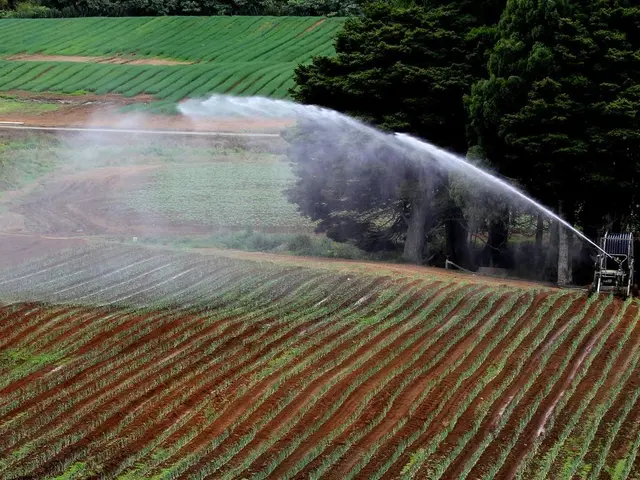Turkey's Forest Fire Crisis: Privatization Blamed for Devastating Blazes
Turkey is grappling with a severe forest fire crisis, with over 600 fires recorded in June alone. These fires have consumed vast areas, including an area equivalent to 14,400 football fields in Izmir province. Critics argue that privatization of electrical power lines has led to safety and maintenance issues, contributing to these devastating fires.
Only four percent of forest fires are caused by electric power transmission lines, but they account for a significant 20 percent of the total forest area burned. The main company responsible for maintaining these lines, the Turkish Electricity Transmission Corporation (TEİAŞ), has faced criticism for prioritizing profits over safety. The fires have affected provinces from Hatay to Izmir and Mugla, leading to evacuations and property loss. Strong winds in Çes̨me have exacerbated the challenge for firefighters and caused damage to coastal businesses. The 2021 forest fire season was the most devastating on record, with approximately 170,000 hectares burned. Despite these challenges, Turkey has improved its response time to just two minutes thanks to AI-backed systems and fire watch towers. The country has also increased its aerial firefighting capacity, now boasting a fleet of 27 planes and 105 helicopters.
The current forest fire season in Turkey is expected to last up to 17 weeks, posing a significant threat to the country's ecosystems and communities. While efforts to improve response times and increase firefighting capacity are underway, the role of privatized power lines in these fires highlights the need for better maintenance and safety measures to prevent future devastation.








